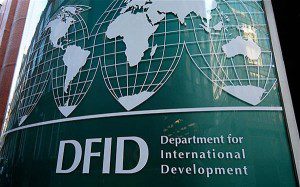
Back to the Future: The Evolution of DFID’s education programme – What have we learnt and where are we going? A Round Table at the 2013 UKFIET International Conference on Education and Development
DFID is putting much more emphasis on the development and use of evidence to underpin education policies and programmes. Examples include the Independent Commission for Aid Impact’s report on education in East Africa, DFID India’s review of ten years of support to India’s mass elementary education programme, and the strengthened focus on research and evaluation throughout DFID’s education work.
UKFIET Conference Preview
This is part of a series of previews introducing Symposia, Round Tables and Sub-Themes from the 12th UKFIET International Conference on Education and Development to be held 10-12 September in Oxford, UK. Please leave your comments and questions about the Round Table below.
The theme of this year’s Oxford Education Conference is highly relevant to UK’s Department for International Development. The approach of 2015, increasing scrutiny through independent evaluation, and the focus on results has meant that education policy and programmes have been evolving rapidly.
This round table is an opportunity to hear from four DFID country offices (India, Pakistan, Tanzania and Rwanda) and from the UK-based DFID Research and Evidence Division about the nature and scope of some of these changes and what thy might mean for the post 2015 agenda. Sir Ian Diamond will also join the roundtable to provide an external perspective on DFID’s support to education research. DFID is keen to get inputs and views from a range of participants about its future direction and there will be lots of opportunities for questions and discussion.

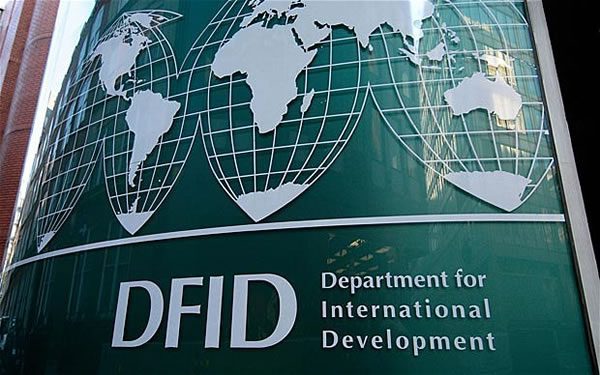

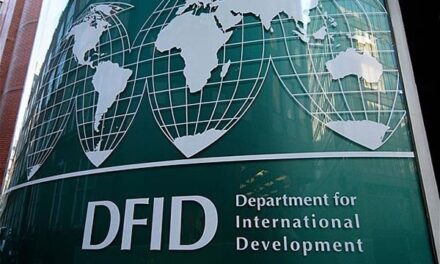
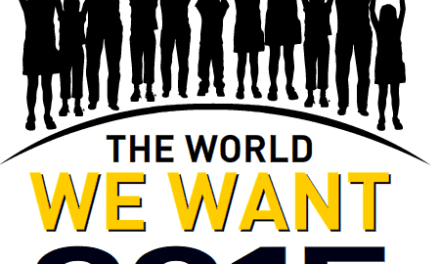
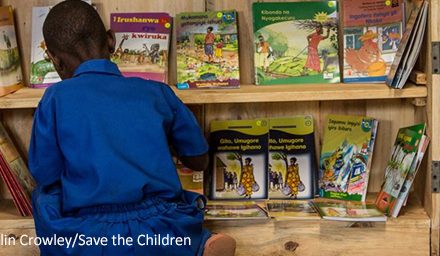

Education and Development. I have served as Basic Education Adviser to UNESCO / UNHCR Afghanistan for nearly a decade, evaluated impact of funding for Afghan education projects of GTZ/Bonn, (many more such evaluations) served as consultant to UNICEF Primary Ed.Research Project Bhutan, Coordinator of Refugee Education Project in Pakistan for CIDA, Consultant to UNESCO Vietnam on Disaster Risk Management for Schools, Specialist on Human rights Education for Centre for the Study of Human rights, University of Colombo Sri Lanka and later Trainer Human Rights Programme to UNHCR in Pakistan/Afghanistan served as Research Specialist in UIE Hamburg, currently CEO and Senior Research Coordinator, Association for Educational Research and Development Sri Lanka (AERDSL). I also served as the Technical Adviser to GTZ Refugee Education Project.
Authored 25 publications and 100 research papers published all over the world (UNESCO Prospects ) cited in many publications ( UNESCO/CfBTIIEP) latest pub.’Education of the Poor and Powerless’ -2013 and ‘Failed Pedagogy:Need for New Paradigms’,2010).
Currently serving as Consultant to National Institute of Ed. SL, on a national project on the Development of a Model on Small Schools and initiated an Action Research Project on school based research under AERDSL.
Earlier was the Director of NFE and Tech.Ed. Sri Lanka, initiated a number of innovative projects on NFE , Teacher Ed. developed several publications on methodology on the above areas both in SL and Central Asia, served as Head of Teachers College as well.
Areas of publication include teacher education, refugee education, small schools development, non formal education, human rigts education and training, higher education,
Dr. Berry,
Your work is extensive. However I find that it is too general which makes it difficult to glean enough information from any territory you have researched. I am completing my research (M.Ed) on Multigrade Leadership styles in Jamaica and find very little information. Hopefully, with the lack of instructional supervision rampant, you will see the need to do a specific research on the impact of leadership on multigrade schools- making reference to specific countries.